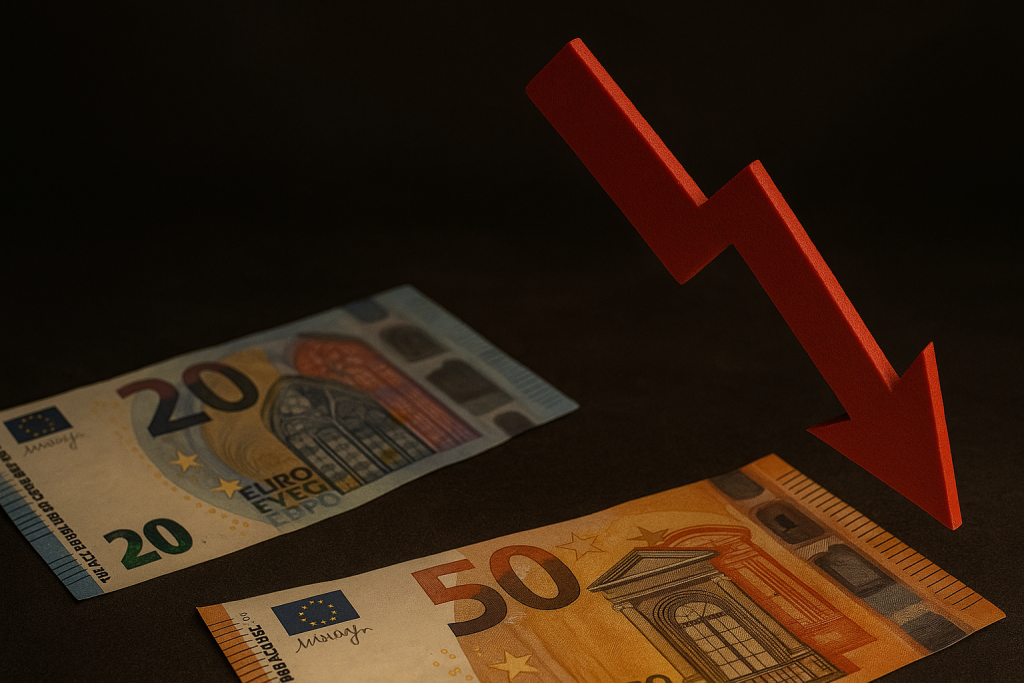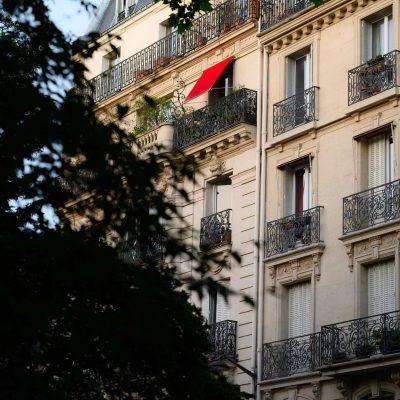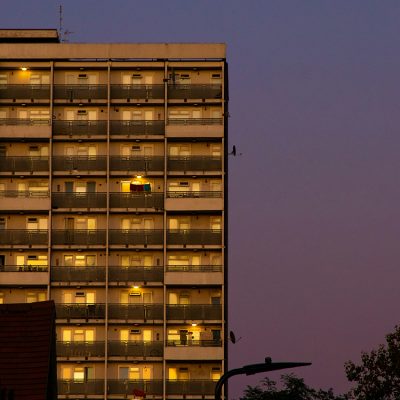[EN] United in diversity? National responses to the European energy crisis
Cette publication est seulement disponible en anglais
Romana Březovská (AMO), Georg Zachmann (Bruegel), Giovanni Sgaravatti (Bruegel), Thomas Pellerin-Carlin (JDI), Phuc-Vinh Nguyen (JDI), Leon Leuser (JDI), Karin Thalberg (JDI), Davide Panzeri (ECCO), Jorge Galindo (EsadeEcPol)

On February 24th 2022, Vladimir Putin invaded Ukraine for the second time in eight years. Once again he violated the international treaty his predecessor had ratified in 1994, that committed the Russian Federation to “respect the independence and sovereignty and the existing borders of Ukraine”. As the war in Ukraine continues, Russian energy has emerged as a key dimension for at least three reasons.
First, Russian energy exports are Putin’s main source of funding. In 2021, revenues from Russian fossil fuels made up half of the Russian federal budget. In 2022, with high oil and gas prices and still no implemented embargo on the horizon, Russia may gain as much as €250bn in revenues from its oil and gas exports to the European Union (EU) – four times more than Russia’s military budget. Oil and gas exports remain the main pillar of the Russian economy. That is why the EU is attempting to target Russian fossil fuel exports through economic sanctions in order to stymie this crucial source of funding for Russia’s military effort.
Second, Vladimir Putin uses energy supplies as a geopolitical weapon to limit individual EU member states’ freedom of action and sow disunity within the EU. To date, Russia has introduced de facto embargos on three EU member states (on Russian gas exports to Poland, Bulgaria and Finland), while its demands to pay gas in rubles are generating disunity among member states.
Third, Putin’s war on Ukraine intensifies the pre-existing energy price crisis the European Union has been living through since the summer of 2021. This leads to slower economic growth, higher inflation and lower purchasing power for Europeans.
Against this backdrop, a series of national energy policy measures have been introduced to tackle the high energy prices, before and after Putin’s second invasion of Ukraine. This joint paper aims to provide a brief analysis of the national responses, in light of the Commission’s REPowerEU plan with a view to informing the EU debate on charting an European way out of the crisis that is politically, economically, socially and environmentally sustainable. To do so, five European Think Tanks based in Belgium (Bruegel), Czechia (AMO), France (Jacques Delors Institute), Italy (ECCO) and Spain (EsadeEcPol), joined forces to produce this briefing, which includes national case studies in six member states (Czechia, France, Italy, Germany, Spain, Sweden) that together represent two thirds of the EU population, GDP, and energy consumption. This briefing concludes with policy recommendations that aim to inform the debate of the 30th-31st May 2022 European Council, and forthcoming European and national decisions.






